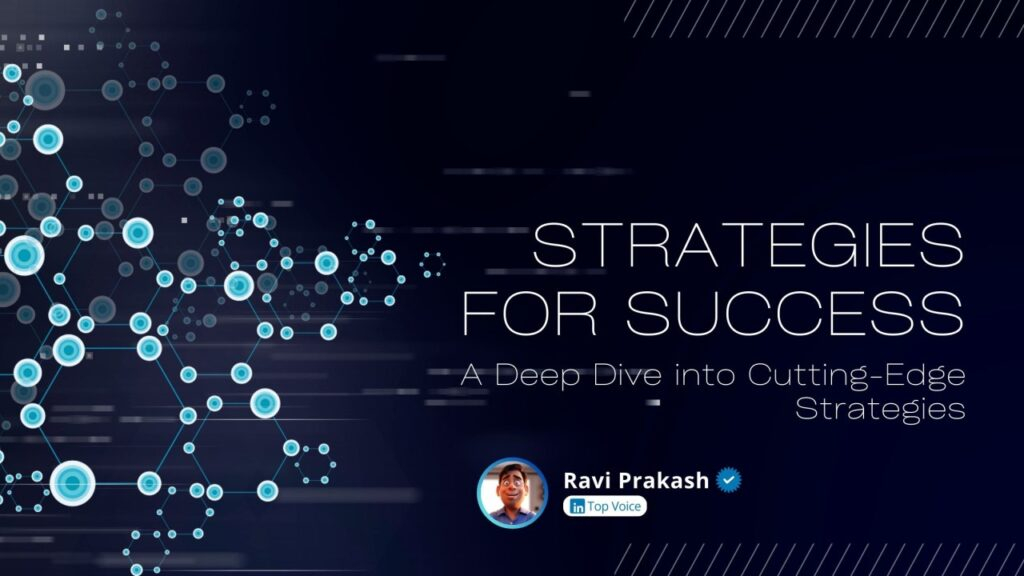Project scheduling remains one of the most intricate challenges in IT and project management. Years of industry experience have underscored the necessity of managing fluctuating timelines, coordinating global resources, and foreseeing potential delays. Amid these challenges, Generative AI has emerged as a groundbreaking technology that promises to redefine project scheduling.
This technology presents novel approaches to solving traditional scheduling obstacles by offering creative solutions, identifying risks early, and optimizing resource strategies. Although Generative AI has yet to fully revolutionize the field, its transformative potential is unmistakable.
By simulating a multitude of scheduling scenarios and dynamically adjusting plans in real-time, Generative AI offers strategic advantages for managing complex projects. It empowers project managers to automate planning, refine scenario simulations, and swiftly recalibrate timelines to meet evolving requirements.
In the following sections, we will examine how Generative AI can streamline project scheduling with innovative solutions that enhance efficiency and elevate accuracy.
The Role of Generative AI in Project Scheduling
-
Automation of Planning:
-
Scenario Simulation:
-
Dynamic Adaptation:
Hypothetical Case Study: International Software Development Project
To demonstrate how Generative AI can elevate project scheduling, this hypothetical case study explores a large-scale international software development project.
Project Background:
This project involves upgrading critical software for a global financial institution, requiring seamless coordination among teams in the U.S., Europe, and Asia. The teams are tasked with requirement analysis, design, implementation, and testing. Successfully managing them requires meticulous scheduling to handle varying holidays, task dependencies, and technical challenges.
Application of Generative AI:
Generative AI could assist in the following ways:
-
Scenario Simulation for Initial Planning:
-
Real-Time Adjustments to the Schedule:
-
Risk Prediction and Management with AI-Generated Contingency Plans:
Expected Advantages:
Integrating Generative AI into project scheduling can offer:
-
Streamlined Planning: Efficient scenario simulations reveal optimal task sequences, reducing planning time and resource conflicts.
-
Greater Agility: Real-time schedule adjustments maintain project momentum by quickly reallocating tasks and reprioritizing goals.
-
Reduced Delays: Early risk identification and mitigation minimize unexpected disruptions.
-
Optimized Resources: Proactive workload management ensures resource availability, balancing team capacity across project phases.
Real-World Implications and Future Prospects
Generative AI, while still emerging in project scheduling, is gaining traction across the industry. Based on Ravi’s observations, some companies have already begun integrating AI-powered tools into their workflows to improve scheduling efficiency and responsiveness.
Current Integration:
Many organizations use AI-enabled software to analyze historical project data and predict potential scheduling challenges. This technology is currently streamlining routine scheduling tasks, identifying task dependencies, and flagging resource conflicts. It’s particularly effective in industries with complex, multi-phase projects, such as software development, manufacturing, and construction. These early adopters have reported significant improvements in project timelines, resource management, and adaptability to sudden changes, validating the potential of AI in practical applications.
Future Developments:
The future of AI in project management is poised for continuous growth as technology advances:
-
Enhanced Predictive Analytics:
-
Autonomous Project Management:
-
Seamless Collaboration:
-
Ethical and Responsible AI Use:
Conclusion
Generative AI holds immense transformative potential for project scheduling, offering solutions that can fundamentally reshape how we manage projects. By simulating scenarios, adapting to real-time changes, and predicting risks, these tools streamline planning, improve agility, and minimize delays. The proactive nature of Generative AI also optimizes resource management, ensuring project teams can deliver timely and quality results.
As these technologies advance, their role in project management will continue to expand, enabling autonomous decision-making, fostering seamless global collaboration, and enhancing predictive accuracy. The implications for various industries are profound, empowering project teams to tackle complex challenges with innovative solutions.
Industry leaders and project managers should explore integrating Generative AI technologies into their project management strategies. By doing so, they can improve efficiency, productivity, and adaptability in an increasingly dynamic environment. Early adoption of these tools will not only help them stay competitive but also unlock new opportunities for creative problem-solving and strategic planning.
References
-
Investigating the Use of ChatGPT for the Scheduling of Construction Projects: This study explores how ChatGPT, a Generative Pre-Trained Transformer (GPT) language model, can revolutionize the construction industry by automating repetitive tasks. It specifically focuses on generating construction schedules for simple projects. The results show that ChatGPT can create coherent schedules and has the potential to automate preliminary tasks, but further development is needed1.
-
Artificial Intelligence in Project Management (PMI): PMI discusses the impact of generative AI on various aspects of project management, including time management, collaboration, decision-making, scope, risk, and stakeholder management. The article also introduces various AI project management tools2.
-
The Revolution is Here: Generative AI and Project Management: This blog post highlights how generative AI can propose work breakdown structures (WBS) and tailored project timelines based on historical data. It emphasizes the advantages of using large language models and Natural Language Processing (NLP) techniques in the construction industry3.
-
The 7 Best AI Scheduling Assistants (Zapier): While not specific to project management, this article lists AI scheduling assistants that can help optimize your calendar, reschedule tasks, and improve efficiency. It provides insights into AI tools that enhance scheduling processes4.
-
How AI Will Transform Project Management (Harvard Business Review): Although not exclusively about generative AI, this article discusses how AI technologies can transform project management. It highlights the low success rate of projects today and the potential for AI to improve outcomes5.

